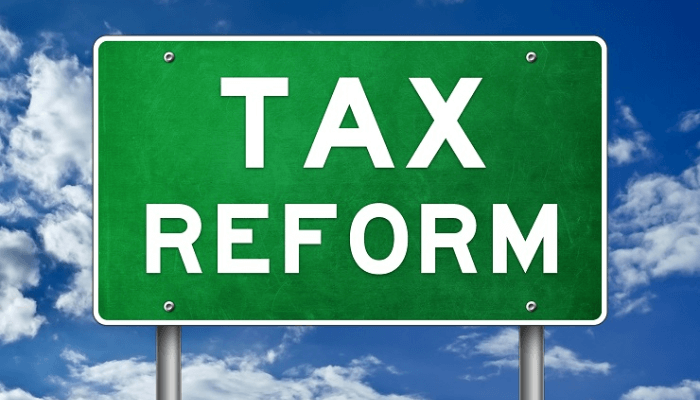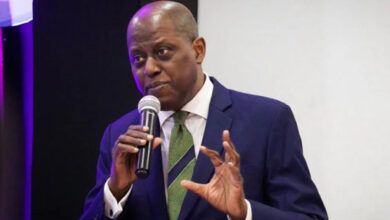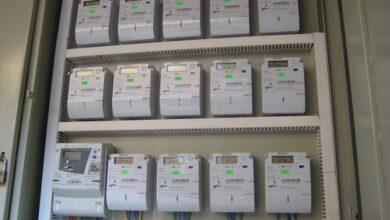Tax Reform: Minimum Wage Earners and Low-Income Nigerians to Pay Less Under Proposed Bills
Minimum Wage Earners to Be Exempted from PAYE Tax, Oyedele Reveals

In a move to make the tax system more equitable, the Nigerian government’s Tax Reform Committee has proposed several changes that will benefit low-income individuals and minimum wage earners.
According to Taiwo Oyedele, the chairman of the Presidential Fiscal Policy and Tax Reform Committee, once the new tax laws are enacted, Nigerians earning the minimum wage of N70,000 per month and those slightly above it will be fully exempted from the Pay As You Earn (PAYE) tax.
Oyedele also revealed that individuals earning up to N1.7 million per month will pay reduced PAYE taxes under the proposed reforms. He stated that these thresholds will result in around 98% of workers in the public and private sectors paying lower taxes, while the top 2% of high-income earners will pay slightly more in a progressive manner.
The tax reform also includes provisions to fully exempt the lowest-income earners, who make up about one-third of all workers, from taxation altogether. Oyedele emphasized that this is in line with the government’s policy philosophy of “not taxing poverty.”
The proposed Value-Added Tax (VAT) reform will introduce a 0% rate for essential items like food, education, and health, as well as exemptions for rent and public transportation. These measures are aimed at mitigating the rising cost of living for low-income households, which make up nearly 100% of their consumption.
Oyedele also highlighted proposed changes to income tax laws that will facilitate remote work opportunities for young Nigerians, empowering them to participate in the digital economy.
The tax reform bills have, however, sparked some controversy, with northern elites rejecting them due to concerns that their region may not benefit. Nevertheless, the government appears committed to implementing these changes to create a more equitable and efficient tax system that supports the country’s economic growth and development.
FIRS Focuses on Expanding Taxpayer Base, Not Introducing New Taxes
In a separate development, the Chairman of the Federal Inland Revenue Service (FIRS), Zacch Adedeji, has emphasized that the proposed tax reform bills aim to increase the number of eligible taxpayers, rather than introducing new taxes.
Adedeji, speaking at a national dialogue organized by Nigeria Politics Online, said the proposed tax laws currently before the National Assembly are part of the government’s efforts to reform the tax system in a way that generates more revenue without burdening citizens.
“We don’t need new taxes; what we need is new taxpayers,” Adedeji stated. “We want to simplify tax payments with the hope of maximizing revenue. We are committed to fair tax administration, responsive and accessible service to optimize revenue for national development.”
The FIRS chairman revealed that all revenue-collecting agencies in the country have exceeded their targets from January to October this year, and the signs are positive that they will continue to surpass their annual goals.
Adedeji emphasized the importance of cooperation between the tax agency and taxpayers, stating that the FIRS is moving from a model of voluntary compliance to one of cooperative compliance. He invited Nigerians to engage in a discussion on how to best improve revenue generation through taxation.
Additionally, Adedeji highlighted various strategies the government is exploring to boost revenue, including collaborating with private sector investors, optimizing assets, digitalization, and implementing cost-cutting measures. He also stressed the need to make tax payments more convenient and accessible for citizens.




